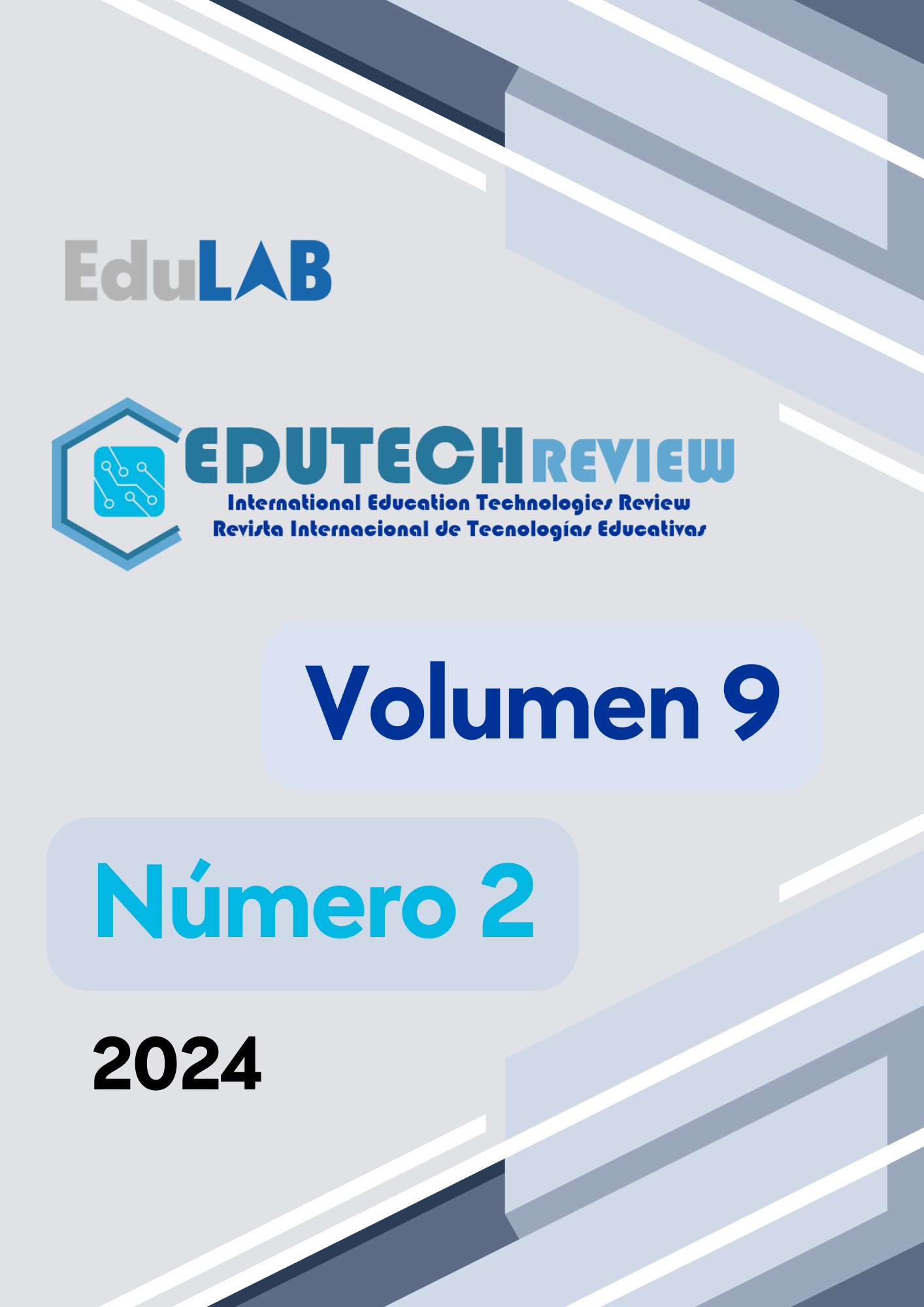Positivist Hegemony in Evaluation within a Constructivist Curriculum Design
DOI:
https://doi.org/10.62701/revedutech.v9.5425Keywords:
Educational evaluation, Positivism, Constructivist curriculum, Holistic development, Meaningful learningAbstract
The study examines the hegemony of positivist evaluation in a constructivist university curriculum, revealing tensions between standardized practices and the objectives of meaningful learning. Based on a netnographic methodology, the opinions of 14 teachers in a virtual community were analyzed. The results highlight the negative impact of these evaluations on student motivation, critical thinking, and autonomy, as well as cultural and institutional barriers that hinder the transition to qualitative approaches. However, the teachers propose strategies such as continuous training and flexible policies to align evaluative practices with constructivist principles, promoting comprehensive and equitable learning.
Global Statistics ℹ️
|
584
Views
|
391
Downloads
|
|
975
Total
|
|
References
Biggs, J. (2003). Teaching for quality learning at university: What the student does. McGraw-Hill Education.
Álvarez Méndez, J. M. (2008). Evaluar el aprendizaje en una enseñanza centrada en competencias. En J. Gimeno (Comp.), Educar por competencias ¿qué hay de nuevo? (pp. 206–233). Morata.
Black, P., & Wiliam, D. (1998). Assessment and classroom learning. Assessment in Education: Principles, Policy & Practice, 5(1), 7-74. https://doi.org/10.1080/0969595980050102 DOI: https://doi.org/10.1080/0969595980050102
Braun, V., & Clarke, V. (2006). Using thematic analysis in psychology. Qualitative Research in Psychology, 3(2), 77-101. https://www.tandfonline.com/doi/epdf/10.1191/1478088706qp063oa?needAccess=true DOI: https://doi.org/10.1191/1478088706qp063oa
Brookhart, S. M. (2010). Formative assessment strategies for every classroom: An ASCD action tool. ASCD.
García Acosta, J. G., & García González, M. (2022). La evaluación por competencias en el proceso de formación. Revista Cubana de Educación Superior, 41(2), 1-19. http://scielo.sld.cu/scielo.php?pid=S0257-43142022000200022&script=sci_arttext
Goodyear, P., & Retalis, S. (Eds.). (2010). Technology-enhanced learning: Design patterns and pattern languages. Sense Publishers. DOI: https://doi.org/10.1163/9789460910623
Hargreaves, A. (2007). Sustainable leadership. John Wiley & Sons.
Hernández, R., & Silva, F. (2022). Netnografía: un método de investigación emergente en la cibersociedad del siglo XXI. Revista Pensamiento Transformacional, 1(1), 20–32. https://revistapensamientotransformacional.editorialpiensadiferente.com/index.php/pensamiento_transformacional/article/view/1
Jiménez, M. (2019). Evaluación educativa y epistemología del positivismo. Académica Española.
Jornet, M., González, M., & Suárez, J. (2010). Los estándares en la evaluación educativa. Revista de Educación, 352, 221-243.
Kozinets, R. V. (2010). Netnography: Doing ethnographic research online. Sage Publications. https://doi.org/10.2501/S026504871020118X DOI: https://doi.org/10.2501/S026504871020118X
Martínez-Salgado, C. (2012). El muestreo en investigación cualitativa: principios básicos y algunas controversias. Ciência & saúde coletiva, 17, 613-619. https://doi.org/10.1590/S1413-81232012000300006 DOI: https://doi.org/10.1590/S1413-81232012000300006
Moreno Olivos, T. (2010). El currículo por competencias en la universidad: más ruido que nueces. Revista de la educación superior, 39(154), 77-90. https://www.scielo.org.mx/scielo.php?pid=s0185-27602010000200004&script=sci_arttext
Poggi, A. (2008). Epistemología y evaluación educativa. Fondo de Cultura Económica.
Sánchez, M. y Martínez, A. (2020). Evaluación del y para el aprendizaje: instrumentos y estrategias. Universidad Nacional Autónoma de México.
Shepard, L. A. (2000). The role of assessment in a learning culture. Educational Researcher, 29(7), 4-14. https://doi.org/10.3102/0013189X029007004 DOI: https://doi.org/10.3102/0013189X029007004
Simón Medina, N., Del Valle Díaz, S., Rioja Collado, N., & Cuadrado, J. (2023). Evaluación del aprendizaje profundo metacognitivo y autodeterminado en estudiantes universitarios (Metacognitive and self-determined deep learning assessment in university students). Retos, 48, 861–872. https://doi.org/10.47197/retos.v48.93421 DOI: https://doi.org/10.47197/retos.v48.93421
Downloads
Published
How to Cite
Issue
Section
License
Copyright (c) 2024 EDUTECH REVIEW. International Education Technologies Review / Revista Internacional de Tecnologías Educativas

This work is licensed under a Creative Commons Attribution-NonCommercial-NoDerivatives 4.0 International License.
Those authors who publish in this journal accept the following terms:
- Authors will keep the moral right of the work and they will transfer the commercial rights.
- After 1 year from publication, the work shall thereafter be open access online on our website, but will retain copyright.
- In the event that the authors wish to assign an Creative Commons (CC) license, they may request it by writing to publishing@eagora.org







